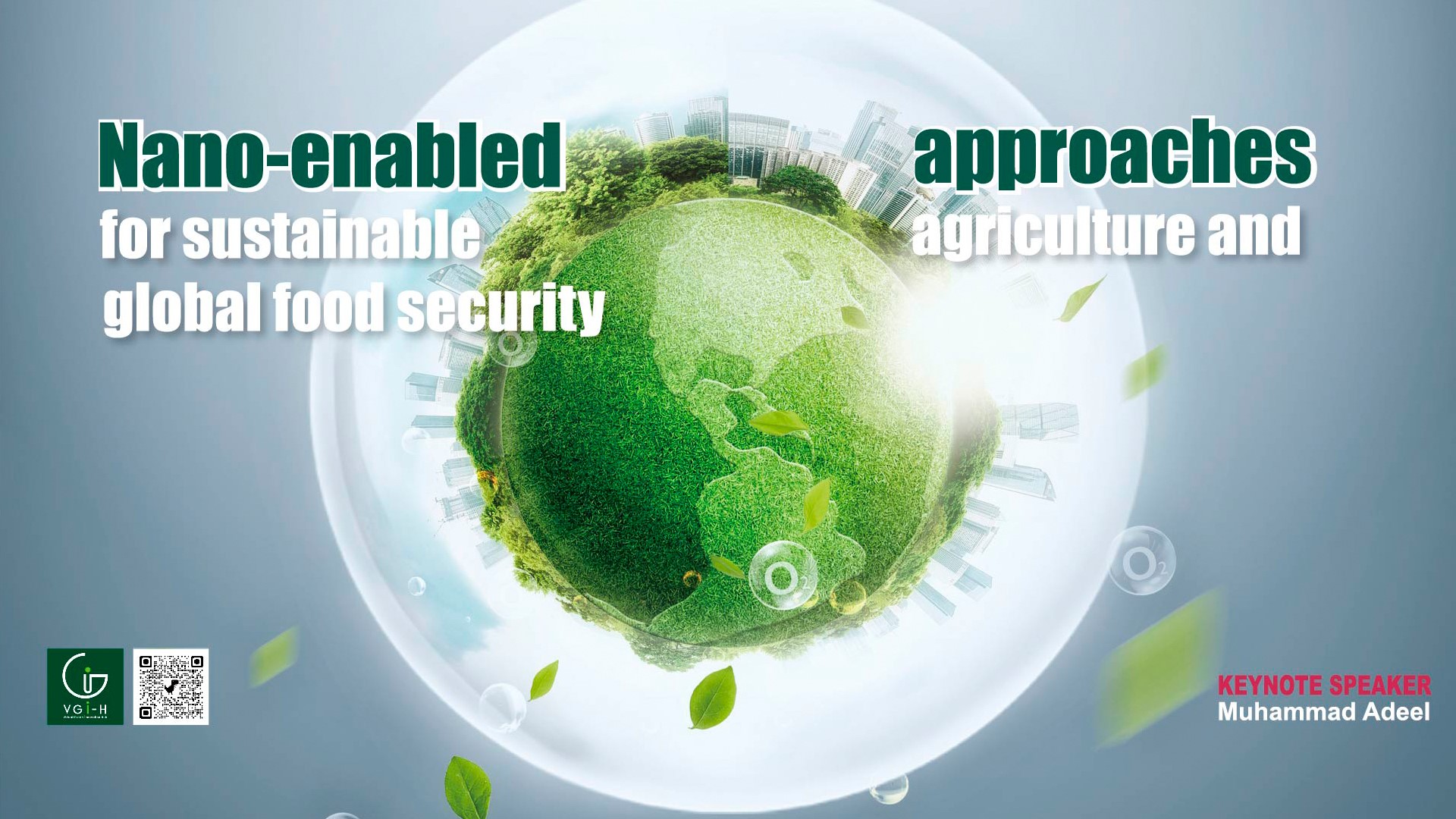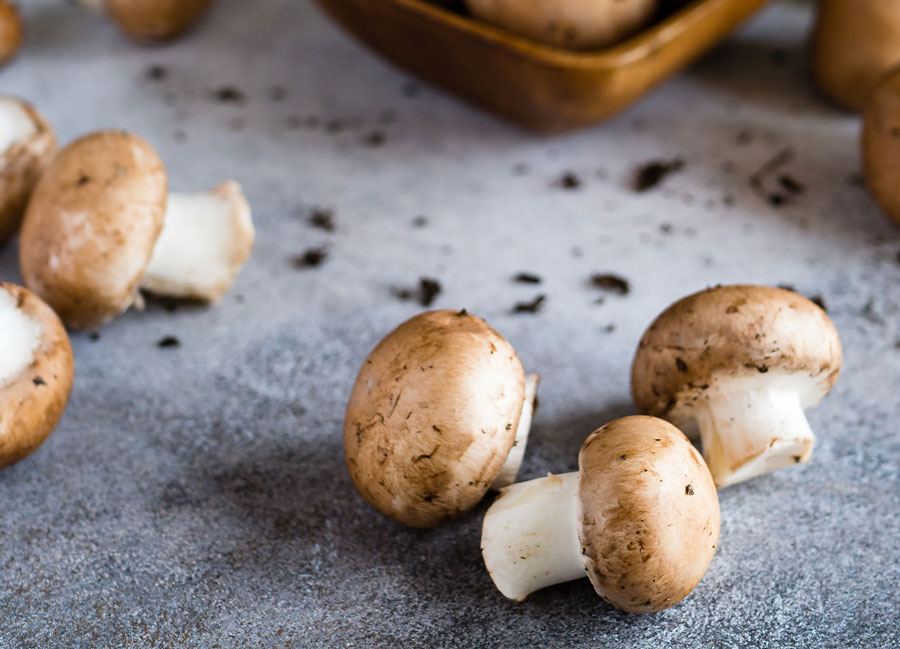An international team of researchers, including one from The University of Western Australia (UWA), has successfully unraveled the genomes of 418 unique samples of rapeseed from across the globe to identify traits that breeders can use to improve canola crop yield.
The study, Genomic selection and genetic architecture of agronomic traits during modern rapeseed breeding, published in Nature Genetics, follows a four-year collaboration among the scientists from Australia, China and the United States.
Professor Jacqueline Batley, from UWA’s School of Biological Sciences and The UWA Institute of Agriculture, who is an author on the paper, said that rapeseed, known as canola in Australia, is the second most important oil-producing crop worldwide.
“Which means that breeders are looking at ways that they can generate plants with the desired characteristics or traits that will allow them to minimize crop losses and maximize crop yields,” Professor Batley said.
“While the adaption, canola crop yield and quality will have all considerably improved in recent decades due to intensive breeding—the genetics underlying desirable traits such as the architecture of the plant, seed weight and oil content have remained unclear because these are controlled by multiple genes.”
Working together, the research team unraveled the genomes of 418 diverse rapeseed accessions from different geographical locations representing global genetic diversity. In doing so, they were able to identify the genes behind 56 traits that were modified during rapeseed improvement.
“This provided us with insights into the genetic control of these important traits,” Professor Batley said.
“Taken together, our study revealed a landscape of genomic variation for diverse varieties and artificial selection or adaptation during rapeseed breeding. The results are a real insight into the makeup of rapeseed and should help accelerate future breeding for crop improvement.”
Professor Batley said the complex genetic sequencing generated in the study will not only be an indispensable resource for genome-assisted rapeseed breeding but also a valuable database for other scientists conducting research on rapeseed.
You may like to read:
Plastic-Eating Enzyme Could Be The Future Of Waste Disposal
Marijuana linked to heart disease; supplement may mitigate risk, researchers report












